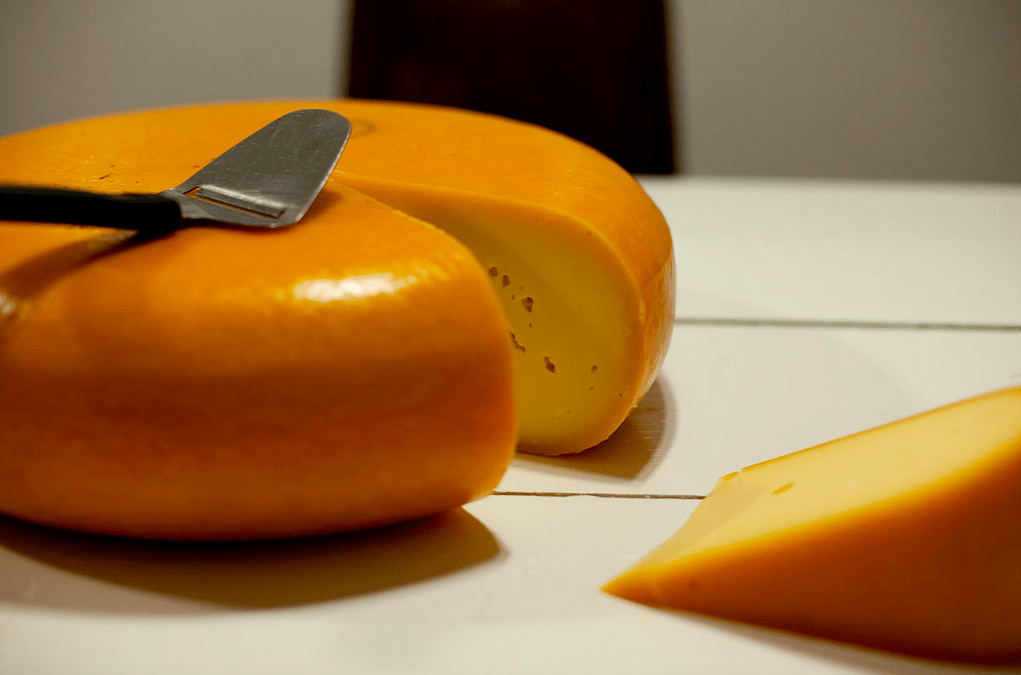WASHINGTON — American-made feta cheese could be relabeled as “feta-like” if the European Union gets its way.
In recent months, the EU has proposed changes in current trade deal negotiations between the U.S. and the EU that would restrict the use of certain food names, such as Muenster, parmesan, asiago and of course, feta.
A group seeking to preserve the right for such common names to remain common everywhere highlighted a report Tuesday saying that over the next ten years the EU’s proposed restrictions in the pending U.S.-EU trade agreement could cause a loss of over $5 billion in cheese sales for this country.
The United States must “forcefully oppose” the European Union’s current proposals for the sake of the American dairy industry, including small farmers, said Jamie Castaneda, the executive director of the Consortium for Common Food Names.
U.S. dairy producers are a part of the $4 billion domestic cheese industry, which produced 340 million pounds of parmesan and 113 million pounds of feta in 2015, according to the USDA’s 2015 numbers. The consortium’s report found that over half of U.S. cheese producers would be affected by the deal.
Certain geographical indications — a subcategory of patents — have been in place in Europe for over a century to indicate products from a specific region. The most common example of this is Parmigiano Reggiano, which can only apply to a parmesan from Parma, Italy. (The new proposal includes parmesan in all its forms.)
But the EU has recently expanded the list of names that it would prefer to claim as European-only. The list includes foods from multiple categories — such as Greek yogurt and prosciutto — but is most notable for its inclusion of popular U.S. cheeses.
Tom Suber, U.S. Dairy Export Council president, said that nobody objects to legitimate calls for a geographical indication – or GI. But, he said the EU is unnecessarily attempting to protect its markets from American competitors.
In the example of feta, which is not specific to a region of Greece, the EU argues that feta is “an inherently Greek product.”
“It’s the broad category name,” Suber said, “that egregiously overreached in trying to call back the name to a specific geographical location.”
During a webinar Tuesday, Castaneda agreed, and noted that the dairy industry is only “the tip of the iceberg” when it comes to industries that would be affected if the United States accepts the EU’s requests in the trade deal.
U.S. producers expect that consumers will be less inclined to buy feta that is “feta-like,” which will drive them to the only feta that will be left in stores: feta imported from European cheesemakers.
The EU is possibly the world’s most dedicated GI user, but the United States has examples of its own. Though there is no centralized database of U.S. restrictions at the level of the EU’s, Maine Lobsters and Florida Oranges are just some of the names that are trademarked within the industries, according to the Institute for Agriculture and Trade Policy. Mexico has standards for tequila, Colombia for coffee and Thailand for certain silks and pineapples.
Jim Mulhern, president and CEO of the National Milk Producers Federation, said that the EU’s agreements with foreign countries also affect US markets overseas.
Producers in Canada, where the government has already signed an agreement with the EU, can only market cheese as feta-like or feta-style, and South Korea has signed a similar agreement. U.S. producers cannot enter these markets with American cheese labeled as feta.
Mulhern said that the U.S. government should not only refuse to concede to the EU in the trade negotiations, but that it should step in on bilateral agreements to prevent the closing of foreign markets to U.S. cheeses, as well.
The trade agreement, officially named the Transatlantic Trade and Investment Partnership, is a free trade deal in the works between the United States and the EU. Original estimates had it finalized at the end of 2014, but discussions are ongoing and aren’t projected to be completed before the end of the decade.

